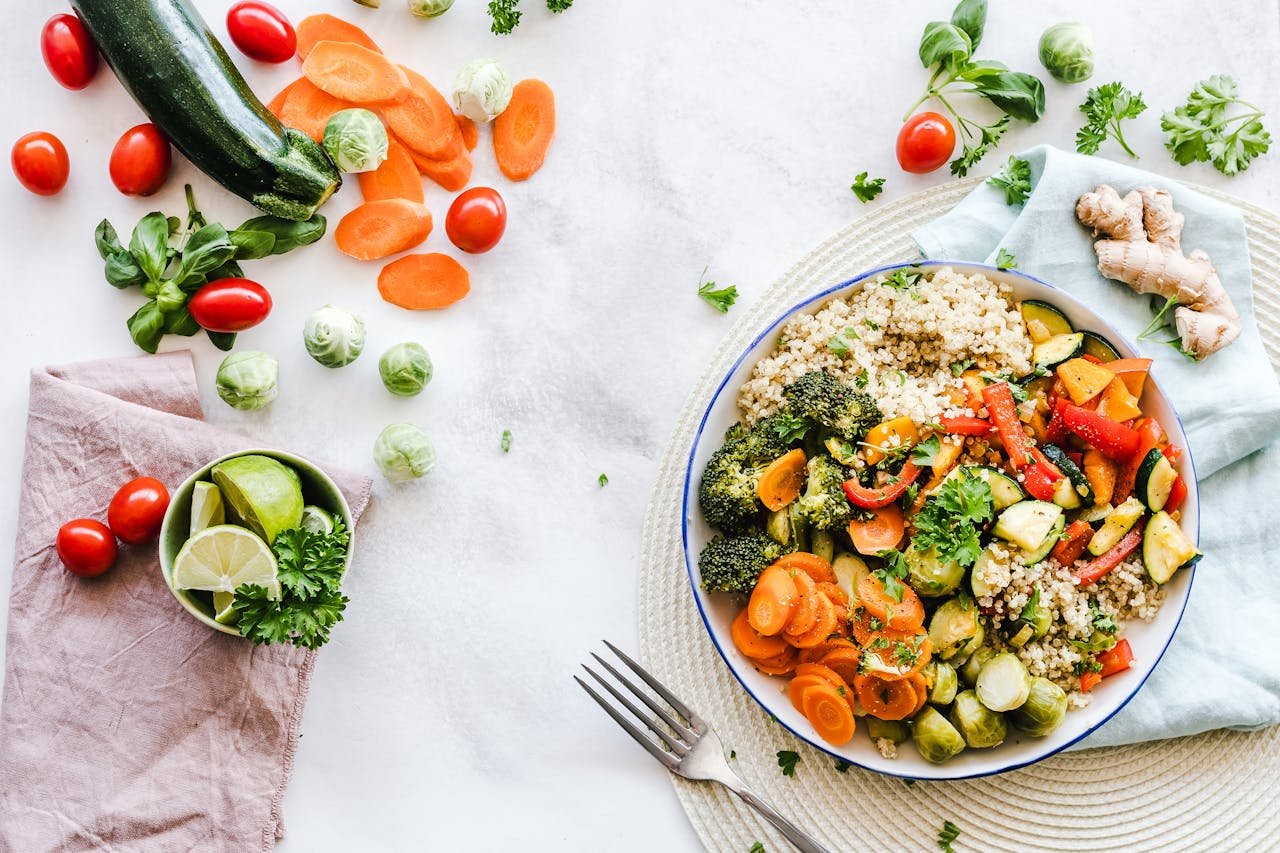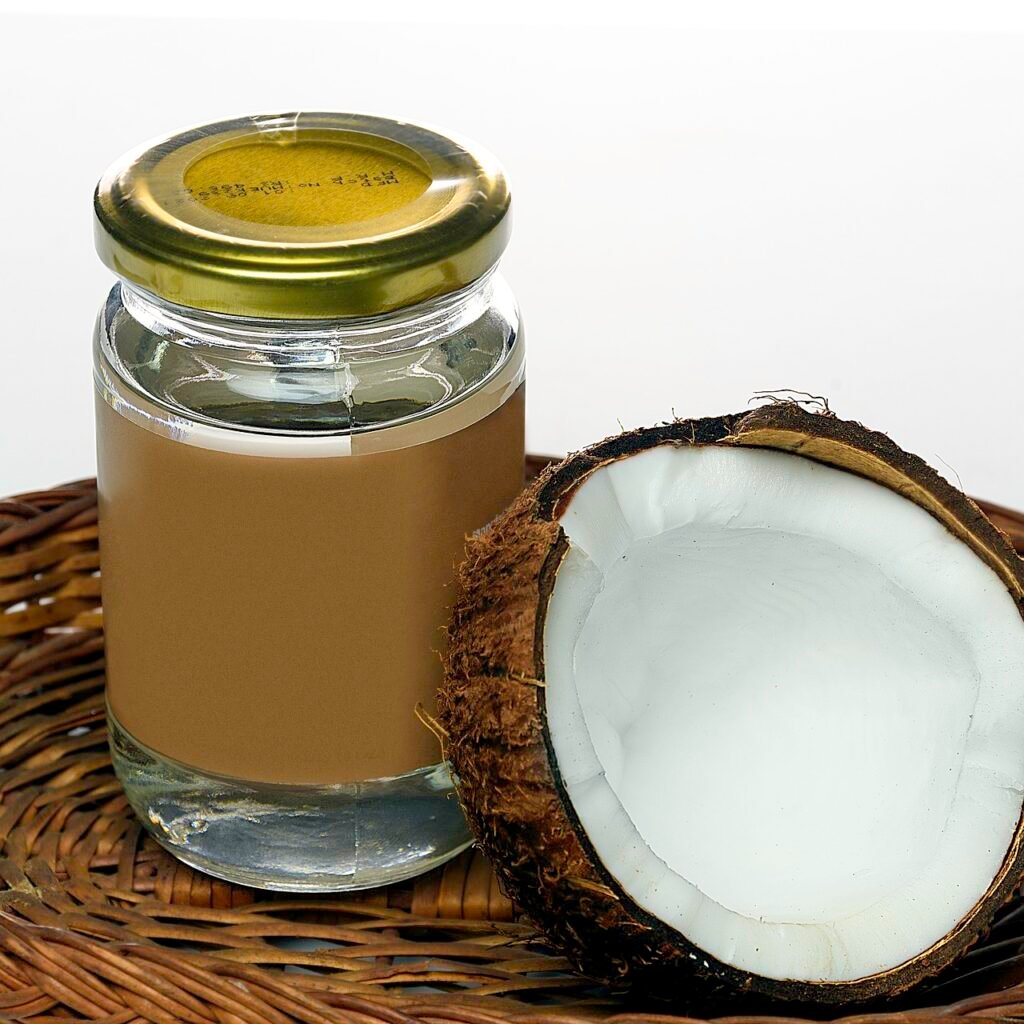As men age, maintaining optimal testosterone levels becomes increasingly important. For those in their 30s and 40s, natural methods like diet can play a significant role in enhancing hormone health. This article explores the foods that increase testosterone, helping you stay strong, energetic, and vital.
Introduction
Maintaining healthy testosterone levels is essential for men aged 30 to 50. Testosterone influences everything from muscle mass to mood and energy. While various factors affect these levels, diet is one of the most impactful and easily adjustable. In this guide, we’ll delve into the foods that increase testosterone naturally, along with key supplements that can enhance your results. With the right approach, you can boost your performance and well-being without resorting to synthetic hormones.
Why Focus on Testosterone-Boosting Foods?
Testosterone is a vital hormone that influences many aspects of male health. Low testosterone can lead to reduced muscle mass, increased body fat, fatigue, and even a diminished libido. Incorporating specific foods that increase testosterone into your diet can support hormone production, ensuring you stay at the top of your game. Plus, these foods often come with other health benefits, like improved heart health and better digestion.
Top Foods That Increase Testosterone
1. Eggs: A Nutrient Powerhouse
Eggs are one of the most effective foods that increase testosterone. Rich in vitamin D, which plays a crucial role in testosterone production, eggs also provide a perfect balance of protein and healthy fats. These nutrients work together to boost your body’s testosterone levels naturally. Additionally, the cholesterol found in egg yolks is a precursor to testosterone synthesis, making eggs a top choice for those aiming to enhance their hormonal health.
2. Fatty Fish: Omega-3 Fatty Acids for Hormone Balance
Salmon, mackerel, and sardines are excellent sources of omega-3 fatty acids, which are known to support hormone production. Omega-3s reduce inflammation and lower levels of sex hormone-binding globulin (SHBG), a protein that binds to testosterone, making it unavailable for the body to use. Including fatty fish in your diet a few times a week can significantly increase your testosterone levels and improve your overall health.
3. Leafy Greens: Magnesium-Rich Vegetables
Spinach, kale, and Swiss chard are rich in magnesium, a mineral that helps regulate testosterone levels. Studies have shown that magnesium supplementation can increase both free and total testosterone in men. Leafy greens are also packed with other essential nutrients like iron and vitamin C, making them a staple in any testosterone-boosting diet.
4. Nuts and Seeds: Zinc and Healthy Fats
Nuts like almonds and walnuts, along with seeds such as pumpkin and flaxseeds, are high in zinc and healthy fats—both critical for testosterone production. Zinc deficiency is directly linked to lower testosterone levels, so adding these to your diet can help ensure you’re getting enough of this vital mineral. Additionally, the healthy fats in nuts and seeds aid in hormone production and overall heart health.
5. Cruciferous Vegetables: Natural Estrogen Blockers
Broccoli, cauliflower, and Brussels sprouts belong to the cruciferous vegetable family, known for their ability to reduce estrogen levels. Lower estrogen levels can lead to higher testosterone, as the two hormones balance each other in the body. These vegetables contain indole-3-carbinol, a compound that helps the body excrete excess estrogen, making more testosterone available.
Supplements to Support Testosterone Levels
While diet forms the foundation of hormonal health, supplements can provide an additional boost. The right supplements can work synergistically with the foods that increase testosterone, enhancing your results and filling any nutritional gaps.
1. Vitamin D
Vitamin D is crucial for testosterone production, but many men are deficient in this essential nutrient, especially in winter months or in areas with limited sunlight. A high-quality vitamin D3 supplement can help maintain optimal levels year-round, ensuring your body has the resources it needs to produce testosterone.
2. Zinc
Zinc is another mineral directly linked to testosterone levels. If your diet is low in zinc-rich foods like nuts and seeds, a zinc supplement can be beneficial. Look for supplements that contain the recommended daily allowance to avoid overconsumption, as excessive zinc can lead to negative side effects.
3. Ashwagandha
This adaptogenic herb has been shown to reduce stress and boost testosterone levels in men. Ashwagandha works by lowering cortisol, the stress hormone, which can interfere with testosterone production. It’s a popular natural supplement for those looking to enhance their hormonal health and overall well-being.
How to Incorporate Testosterone-Boosting Foods and Supplements Into Your Routine
Integrating these testosterone-boosting foods into your daily routine is simpler than you might think. Start your day with eggs for breakfast, opt for a leafy green salad topped with nuts and seeds for lunch, and enjoy a fatty fish like salmon for dinner. Snack on almonds or walnuts, and add a serving of cruciferous vegetables to your meals. Complement your diet with key supplements like vitamin D, zinc, magnesium, and ashwagandha for maximum benefit.
The Long-Term Benefits of a Testosterone-Enhancing Diet and Supplementation
The foods and supplements that increase testosterone offer benefits beyond just boosting your hormone levels. Regular consumption of these nutrient-dense foods and strategic supplementation can lead to improved heart health, enhanced cognitive function, and better overall vitality. Moreover, by prioritizing a diet rich in these foods, and supplementing wisely, you’ll reduce your reliance on artificial solutions, promoting a more holistic approach to health and fitness.
Conclusion
For men aged 30 to 50, focusing on the foods that increase testosterone and complementing them with the right supplements is a powerful strategy to maintain strength, energy, and vitality. By incorporating eggs, fatty fish, leafy greens, nuts, seeds, and cruciferous vegetables into your diet, alongside key supplements like vitamin D and zinc, you can naturally support your testosterone levels and enjoy a healthier, more active life. Remember, small changes in your diet and supplementation routine can lead to significant improvements in your health and well-being.
Disclaimer: The information provided on this blog is for general informational purposes only and is not intended as medical advice. Always consult with a qualified healthcare professional before making any decisions regarding your health or starting any new treatments. The content here should not be used to diagnose, treat, or prevent any medical condition. Additionally, please note that this blog is reader-supported. If you click on an affiliate link or advertisement and make a purchase, we may receive a commission at no extra cost to you. This helps us maintain the site and continue providing valuable content.




